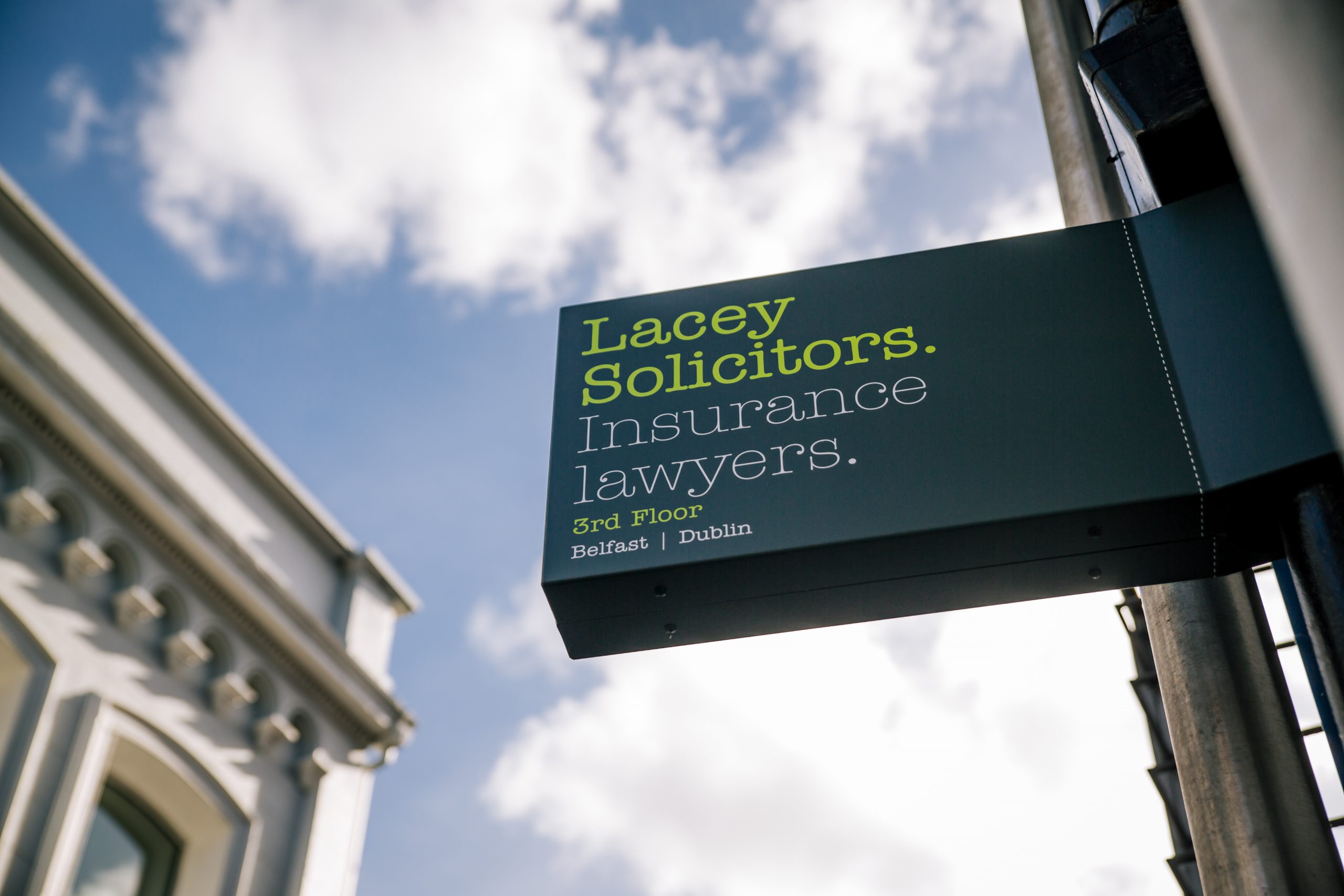Credit hire claims – where a claimant hires a replacement vehicle on credit after an accident – remain relatively uncommon in the Republic of Ireland, though the volume of these claims is undoubtedly growing. Insurers in Ireland must be educated and prepared. A structured, proactive defence can save costs and minimise exposure. Credit hire cases often involve large daily charges that accumulate quickly, so early intervention is crucial.
Below is a detailed, step-by-step guide to defending credit hire claims in Ireland.
Step 1: Early Identification and Referral
- Identify potential credit hire claims immediately – at the first notice of loss (FNOL) or during initial discussions with the claimant or their representatives.
- Refer the case internally to a dedicated credit hire handler or team trained to manage such claims. Early specialist involvement means the claim is defensively handled from the outset and early identification prevents costs from spiralling if the case ends up in litigation.
- Request key details without delay:
- The circumstances of the accident to investigate liabilty quickly.
- The daily rate of hire and type of vehicle being hired. This will give some idea of quantum.
- The initial repair estimate or motor assessor’s report relating to the damage.
- Obtain a desktop engineering report by forwarding the estimate to an independent engineer.
- If the engineer recommends inspection, arrange inspection facilities quickly.
- If no inspection is required, confirm this in writing to bring any ongoing storage costs to an end.
- If the vehicle is repairable, request updates on:
- Repair progress.
- Anticipated delays (e.g. due to the current global parts shortage).
- Offer assistance sourcing parts, if possible.
- If the vehicle is a total loss, the plaintiff will typically seek the pre-accident value less any salvage.
- Raise the payment promptly, ideally by bank transfer, to avoid prolonged hire.
🛠️ Why this matters: Credit hire is a continuing cost. Fast, coordinated action at this early stage helps limit duration and mitigate unnecessary expense.
Step 2: Use of Intervention Letters
- Copley v Lawn: This is a UK case which confirms the position on letters from insurers offering their own services. If the case is litigated, Defence practitioners can suggest that in refusing the services, they failed to mitigate their own losses.
- A valid intervention letter (offering a replacement vehicle) must clearly state the cost to the insurer. If the offer is vague or threatening in tone, it will likely be considered non-compliant, and the claimant cannot be criticised for refusing it.
- Mitigation of damages: A valid intervention letter allows insurers to argue the claimant had access to a cheaper alternative. Even if rejected, the insurer may only be liable for Basic Hire Rate (BHR)—if they can show what a reasonable alternative would have cost.
- Timing: Courts are fairly strict and so it is key that the letter is sent at FNOL stage before hire begins.
- Tone and clarity: The offer must be:
- Reasonably drafted and ‘copley’ compliant
- Non-aggressive.
- Clearly priced.
- Practical tip: Always issue intervention letters early and retain proof of delivery. Insurers are now considering new and practical means of delivery such as email, texts and even a bouquet of flowers!
✉️ Well-drafted intervention letters are a practical, court-recognised tool for controlling credit hire exposure from the outset.
Step 3: Challenge the Claimant’s Need
- The claimant has the burden of proving they required a hire car due to the accident.
- The insurer can rebut this by showing:
- Access to another vehicle.
- Use of a courtesy car from their own insurer.
- Alternative transport (e.g. public transit) was reasonably available.
🚗 Example: If the claimant had a motor trade policy, they may have had a access to a number of vehicles and insurers should query whether they had another working car they could use, then a credit hire may be deemed unnecessary.
Step 4: Assess the Reasonableness of the Hire
4.1 Duration
- Was the length of hire proportionate to the repair duration?
- Were there delays that could have been avoided or reduced?
4.2 Type of Vehicle
- Was the hire vehicle a ‘like for like’ replacement, based on the size and specification of the original?
4.3 Rates
- Are the hire charges in line with local market rates? Insurers often instruct a Basic Hire Rate (BHR) report, which surveys high-street providers for like-for-like vehicles in the area. In one case defended by our office in Letterkenny, Ireland, a BHR report showed that an alternative car was available at about half the cost of the credit hire vehicle
- Could similar vehicles have been hired at a lower cost?
4.4 Duty to Mitigate
- Did the claimant take steps to limit their loss?
- Prompt returning of hire vehicle after repairs.
- Willingness to consider other a lesser vehicle.
⚖️ Reasonableness is judged case by case—but insurers can often limit exposure by carefully documenting excesses in rate or duration.
Step 5: Explore Specific Defenses
5.1 Impecuniosity
- If the claimant couldn’t afford to pay upfront without making unreasonable sacrifices, a credit hire is generally accepted.
- However, this isn’t a complete defense—insurers can still challenge need, rate and duration.
5.2 Illegality
- If the Plaintiff’s original vehicle did not have a valid NCT certificate, valid insurance or Tax, an argument of illegality can be made.
5.3 Misrepresentation
- If the hire company misled the claimant (e.g. pretending it was a “free courtesy car”), the agreement may be void or voidable.
5.4 Enforceability
- Review the terms of the hire agreement carefully.
- Clauses related to cancellation, payment obligation, and dispute resolution may be grounds for challenge.
- Most credity hire agreements suggest that the applicable law is that of Northern Ireland or the UK. If the claim is being brought in Ireland, you may be able to challenge jurisdiction.
Final Thoughts on Credit Hire Claims in Ireland
A successful credit hire defence rests on:
- Quick action and early internal referral.
- Use of valid intervention letters to reduce potential liability.
- Challenging the necessity, duration, and cost of hire.
- Exploring legal technicalities of the hire agreement for further leverage.
Insurers who are proactive—not reactive—control the narrative and reduce exposure.
Credit Hire Training for Insurers in Ireland
Ruaidhrí Austin, Partner at Lacey Solicitors, regularly delivers training sessions to insurers across Ireland on the evolving legal and procedural landscape of credit hire claims. These sessions are available both in person and online, tailored to claims teams, legal departments, or senior handlers. Our session, “Credit Hire in Ireland”, is now recognised by the Insurance Institute and counts for your CPD under the Central Bank of Ireland MCC Retail Product Category – Personal General Insurance.
If your team would benefit from a practical, up-to-date session on defending credit hire claims, please use the Contact Us section of our website to arrange a training session.
















